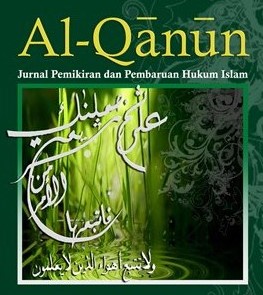Filsafat Kewarisan dalam Hukum Islam
DOI:
https://doi.org/10.15642/alqanun.2017.20.1.56-76Keywords:
hokum kewarisan, asas-asas hokum kewarisan IslamAbstract
One of the important events experienced by man is death, that is the final process of human life. Because it is a legal event, the death has legal consequences, namely the law of inheritance, is the event of the transfer of property left by the dead to the heirs. In Islamic law, inheritance law is a law that regulates all things concerning the transfer of rights and / or obligations on one's property after he dies to his heirs. In Islamic law there are six principles, are (1) the principle of ijbary, (2) the principle of waratha, (3) the principle of thuluthay al-mal, (4) bilateral principle, (5) the principle of equity or equilibrium, 6) individual principles. While in the Islamic heritage in Indonesia there are three principles adopted, as in the Compilation of Islamic Law (Kompilasi Hukum Islam/KHI), are: (1) the principle of ijbary, (2) the principle of waratsa, and (3) bilateral principle.
Downloads
References
Ismail Muhammad Syah. Filsafat Hukum Islam. Jakarta, Bumi Aksara, 1992.
John L. Esposito (et.al). Ensiklopedia Oxford, Jilid. VI. Bandung, Mizan, 2001.
Juhaya S. Praja. Filsafat Hukum Islam. Bandung, LPPM UNISBA, 2002.
R. Abdul Djamali. Hukum Islam. Bandung, Mandar Maju, 2002.
Suparman Usman. Ikhtisar Hukum Waris. Serang, Darul Ulum Press, 1993.






